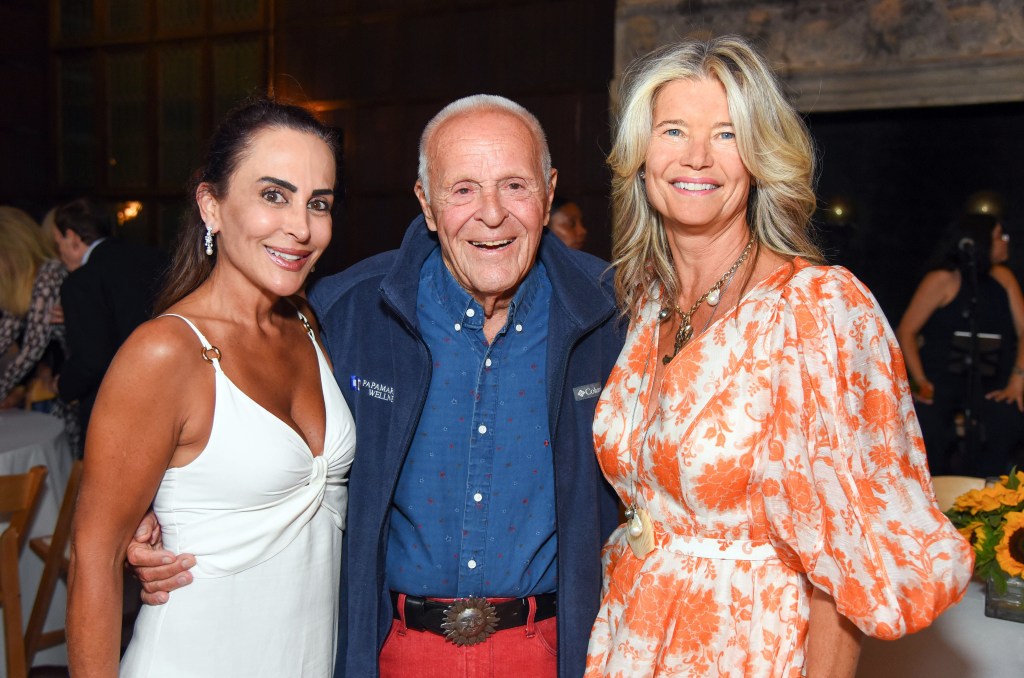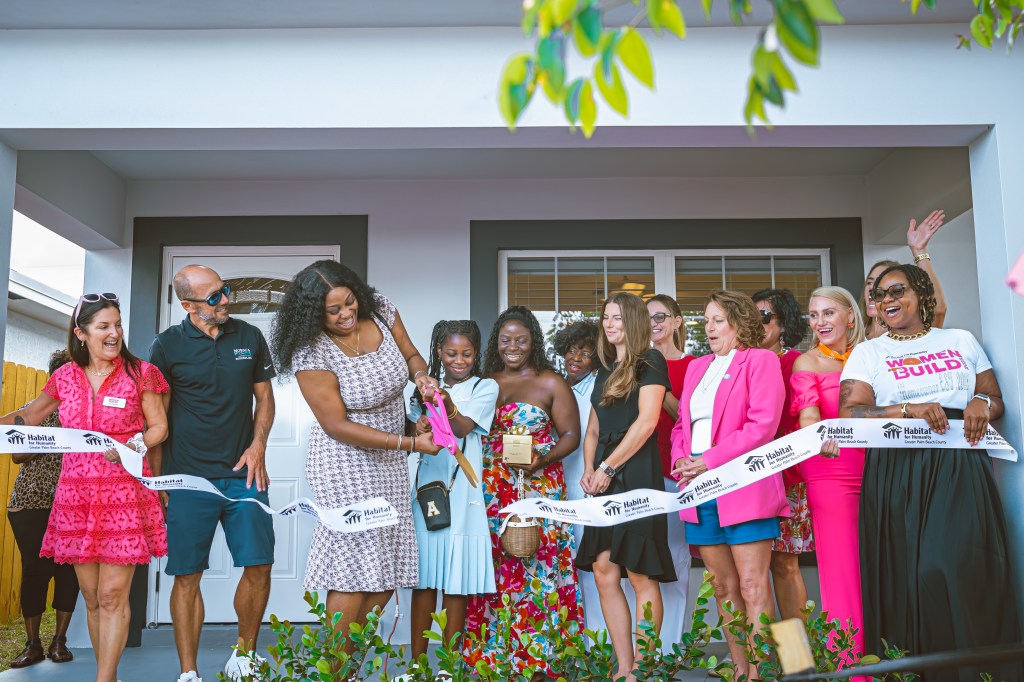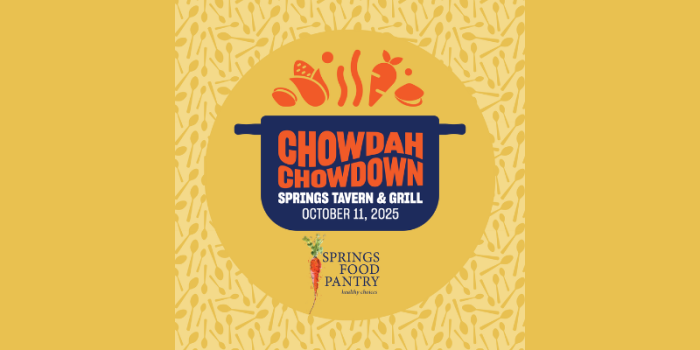Amanda Belz of RISE Life Services: Fundraising Has Its Own Rewards

When it comes to fundraising, Amanda Belz has had a lot of experience, and a tough economy is just something you have to be willing to deal with if you believe in the entity you’re supporting, and she does.
For the past two years, Belz has been coordinating events and fundraising for RISE Life Services, which is headquartered in Riverhead.
“The biggest benefit to the fundraising we do is that the community finds out who we are and what we do,” says Belz of the organization that works with autistic and special-needs individuals and those dealing with substance abuse.
They administer group homes, provide day programs and classes and also work with individuals with substance abuse. They recently created a program to help with teen suicide prevention, after only a year getting the renewal of a $1 million grant. This is on top of receiving $1 million a year ago. Their initial five-year program has been extended for an additional five years, unusual — yet satisfying — for a program in its infancy.
“We were really excited about the extension because it doesn’t often happen so early in the life of a program,” Belz says. “It means we are doing things right.”
This is important to Belz because she believes that there is a philanthropic vein that runs through so many people and being able to share with others is vital to what they do.
“One of the things we want to do is help people understand that most of our individuals are just like everyone else,” Belz says. “They want to be like and do the things others do: go to a prom, get a job, play on their iPhone. There is still this stigma of treating them differently. People often think they need more assistance than they actually need. Yes, some of our clients do need more assistance, but not all of them. And, even those who do, still want to be as independent as possible.”
Belz says that is part of what makes fundraising, but especially those who donate by offering their time, so important. They get to interact with the clients and the staff.
“I wasn’t as passionate about fundraising until I got to RISE,” says Belz of the organization that has nearly 200 clients and more than 500 staffers who work in different capacities. “Sure you get turned down, but it is important that we get to tell prospective donors where the money goes. You may be turned down 30 times, but then you get that one sponsor who really gets it. You just have to remember who you are doing it for.”
Belz says that hard economic times means she has to be more creative, often because they cannot depend on even their long-time donors giving at the same level.
“We have people who maybe would give $5,000, but this year only give $1,000,” Belz explains. “We may just have to put more of the organization’s money into the event to pay for things that usually would be donated. The fundraising event will still go on; it may just be scaled down in some ways.”
Part of the purpose of some fundraisers is to put businesses together who can benefit from each other. Another aspect is to help companies and individuals give at a level that is comfortable for them. This is especially true of those new to philanthropy.
“We’re finding that millennials and Gen Zers are more apt to be philanthropic, but may not have the funds to donate a lot,” Belz says. “Of course older individuals have that mentality. So, we try to do a range of fundraising activities that allows more people to take part. On the flip side, we want to celebrate our staff and have companies who come and donate services for that purpose. For example, we have a tech company that comes every year. That is a real perk for our staff.”
RISE Chief Executive Charles Evdos has coined the phrase “friend-raising,” which Belz explains as building connections both with donors and donor-to-donor.
“Those friends we make are our biggest asset,” says Belz, adding that the various events raise an estimated $200,000 per year.
Each event is earmarked for a particular program, and funds raised go to the designated program. And, every penny donated finds a home. For example, a $5,000 donation to the food pantry, which assists 200 families weekly, can subsidize it for up to six weeks. The food pantry receives food donations from Long Island Cares and Island Harvest, but does not receive outside funding. A casino event funded the purchase of items for the mental health program, the food pantry and backpacks for students.
“It helps that we can tell and show people where the money goes,” Belz says. “Funds are important, but so are those who are hands on, who hand out flyers, show up early to set things up or stay late to clean up.”
Belz says that as an event planner, she knows the value of doing the little extra things for donors.
“We may do a slideshow, take care of the pre- and post-event social media, or send out an email blast,” Belz says. “It is all part of making them feel special and showing that we appreciate them in a way that is most useful to them and their business. It is also part of helping the overall community to prosper.”
To reach Belz about donating your time or money, contact her at abelz@riselifeservices.org, 631-727-6220 or riselifeservices.org.
Todd Shapiro is an award-winning publicist and associate publisher of Dan’s Papers.









